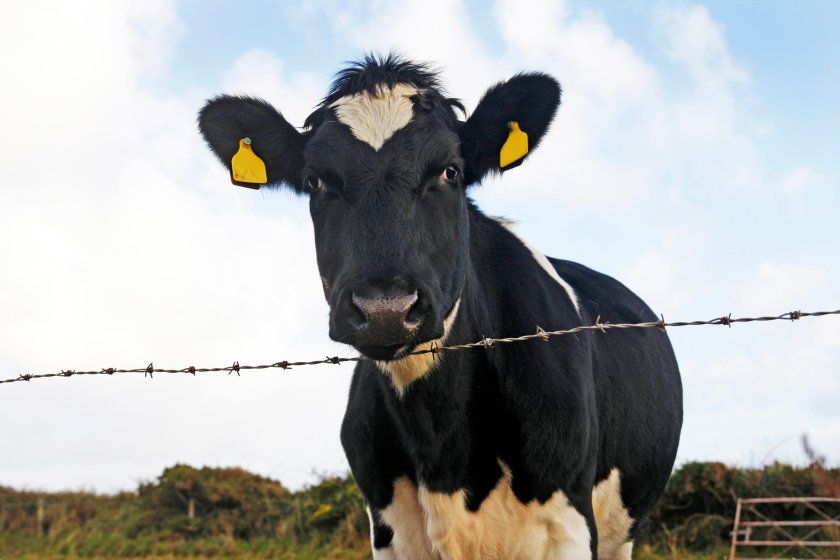
The UK’s chief veterinary officer has urged farmers to remain vigilant for bluetongue virus as Europe sees an increase in BTV-3 cases.
There has been an uptick in cases in the Netherlands, Germany and Belgium, with some animals showing severe clinical signs.
British farmers are being reminded by Defra that free testing is now available for animals moving from the highest risk counties to live elsewhere in Britain, including Norfolk, Suffolk, Essex, Kent and East Sussex.
Last November, APHA and the Pirbright Institute identified the first case of the disease in Britain through the annual bluetongue surveillance programme.
Bluetongue virus is primarily transmitted by midge bites and affects cattle, goats, sheep and camelids such as llamas.
The impacts on susceptible animals can vary greatly – some show no clinical signs or effects at all while for others it can cause productivity issues such as reduced milk yield, while in the most severe cases can be fatal for infected animals.
The virus can also be spread through germplasm (semen, ova, and embryos) as well as transmitted from mother to unborn offspring.
Defra confirmed that there are currently no live cases of bluetongue virus and no evidence that there is circulating bluetongue virus in England.
However, given the increase in temperature, the department said there is now an increased risk and bluetongue transmission is possible.
Biting midge activity increases with the warmer weather, and there remains a high probability of a new introduction of bluetongue virus serotype 3 (BTV-3) into livestock in GB in 2024 through infected biting midges being blown over from northern Europe.
Farms close to the coast in counties along the east coast of England from Norfolk to Kent and along the south coast from Kent to Devon have been classed as the highest risk of incursion.
Biting midges are most active between April and November and the timing of a potential incursion will depend on the temperature and wind patterns.
There is an active surveillance programme running, which involves the trapping of midges across the country and working with partners such as the Met Office to monitor the likely spread of the virus based on temperature and wind patterns.
Defra said farmers should continue to monitor their animals frequently for clinical signs and make sure their animals and land are registered with APHA so we can locate animals in the event of an outbreak.
UK Chief Veterinary Officer Christine Middlemiss said: “Bluetongue does not pose a threat to human health or food safety, but the disease can impact livestock farms, and cause productivity issues.
“Although there are currently no live cases of bluetongue virus in Britain, we know that the likelihood of the virus entering is increasing and so I would urge farmers to remain vigilant and report any suspicions to APHA.
“If you intend to move animals to live out of high-risk counties please take advantage of this free testing as it will help stop the movement of undetected disease.”
APHA interim chief executive, Jenny Stewart added: “The recent increase in cases in Europe underlines how important it is for farmers and animal keepers to continue monitoring their livestock and to take up the offer of free testing where necessary.
“APHA's risk assessment confirmed there is a very high chance of bluetongue virus entering Britain this year, and our world-leading scientists, vets and field teams stand ready to tackle an outbreak of bluetongue virus and ensure farmers are kept up to date and supported.”
BTV is a notifiable disease. Suspicion of BTV in animals in England must be reported to the Animal and Plant Health Agency on 03000 200 301
